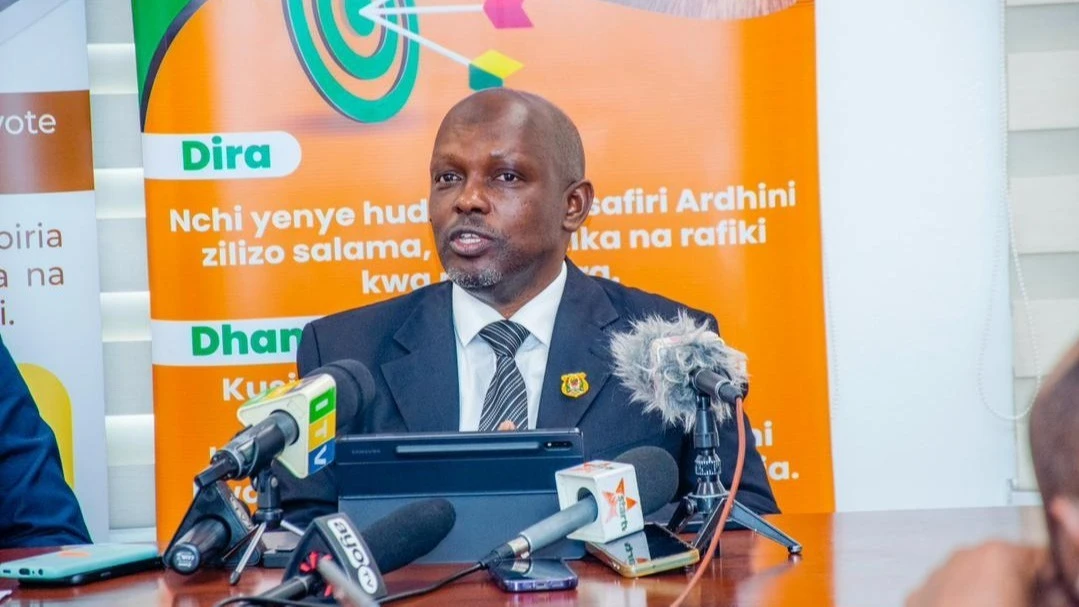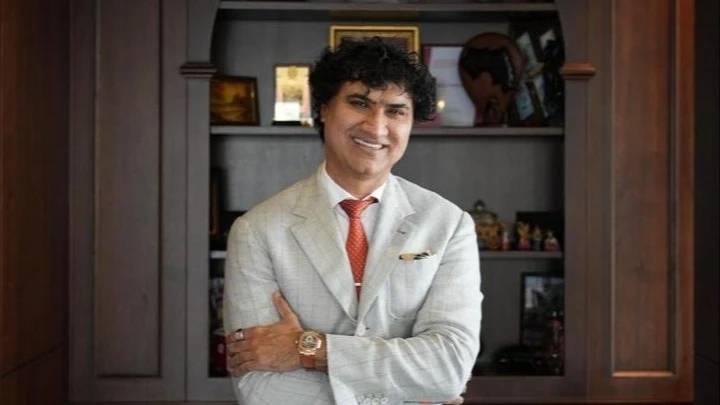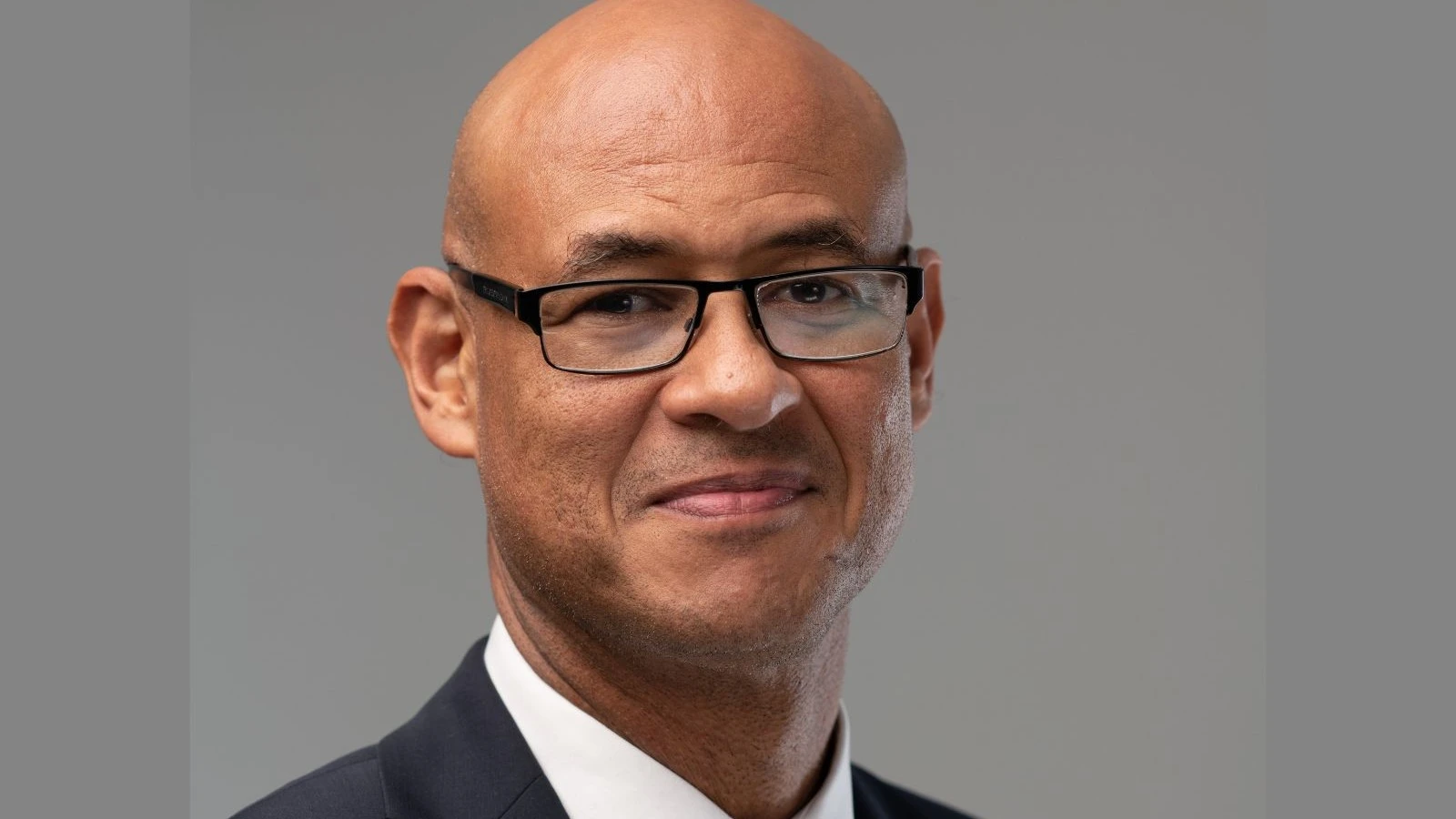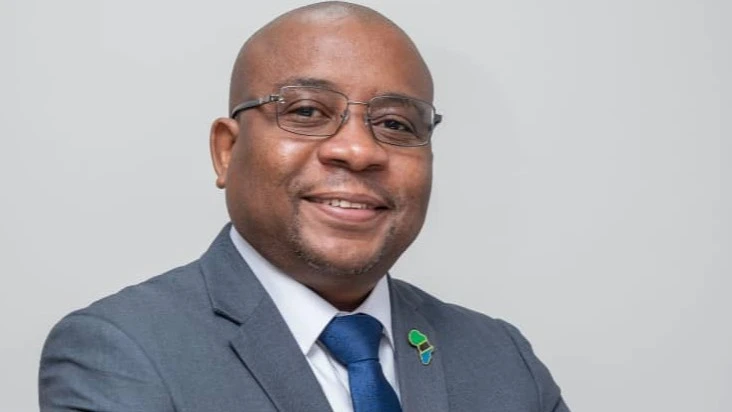Expert: Mental health focus vital after unrest

MENTAL health professionals are strongly urging the public to prioritise emotional and psychological well-being in the wake of a period of unrest where street violence, a 12 hour curfew and cessation of public activities affected many people in various ways.
Dr Raymond Mgeni, a psychiatrist, said in an interview yesterday that exposure to chaos, prolonged fear and tension can in turn affect mental stability as the panic experienced during shocking street incidents, reports of violence and internet shutdowns—cause the human fear and anxiety system to store those memories.
He said that it is normal to experience distress after exposure to traumatic events, while recovery requires self-awareness and conscious efforts to limit exposure to traumatic reminders.
‘That’s why people still feel anxious, frightened or restless long after such event is over, and it can even interfere with sleep and concentration,” he stated, strongly advising those affected to avoid repeatedly watching distressing videos or reading about the incidents.
“Avoid triggers; re-watching distressing videos or discussing the events constantly keeps the mind trapped in fear,’ he stated, while Saldin Kimangale, a communication and self-care consultant versed in the path to healing trauma, noted that time is the principal healer of trauma, with only about 30 percent of people exposed to disasters developing long-term symptoms.
He recommended open communication as crucial toward recovery, as talking helps desensitise emotional pain. “Avoid suppressing your feelings or isolating yourself. When we fail to share, we prolong pain and resentment,” he cautioned.
Key self-care strategies recommended include limiting media exposure, disconnecting from disturbing news and social media especially in the evening, he explained, sharply objecting to the circulation of distressing photos and videos as they can deepen trauma.
Creating calm by adopting healthy bedtime routines such as switching off the phone, talking with children or engaging in small chores is equally important, along with avoiding stimulants like coffee, sugary drinks and energy boosters before sleep, he specified.
Seeking support also works, like speak with a trusted friend about how one feels, as friendly conversations help reduce stress hormones and improve one’s mood, he stated, urging the setting up of emergency counseling hotlines.
State agencies and community leaders need to use the language of healing, not warnings or threats in their public interventions, he said, stressing that persistent symptoms like deep sadness, anger, self-harm thoughts or sleeplessness lasting more than three nights require professional help.
Members of the public showing these signs should visit the nearest health facility or call emergency numbers (110, 111, 115, 116, or 119), he added.
Top Headlines
© 2025 IPPMEDIA.COM. ALL RIGHTS RESERVED






















